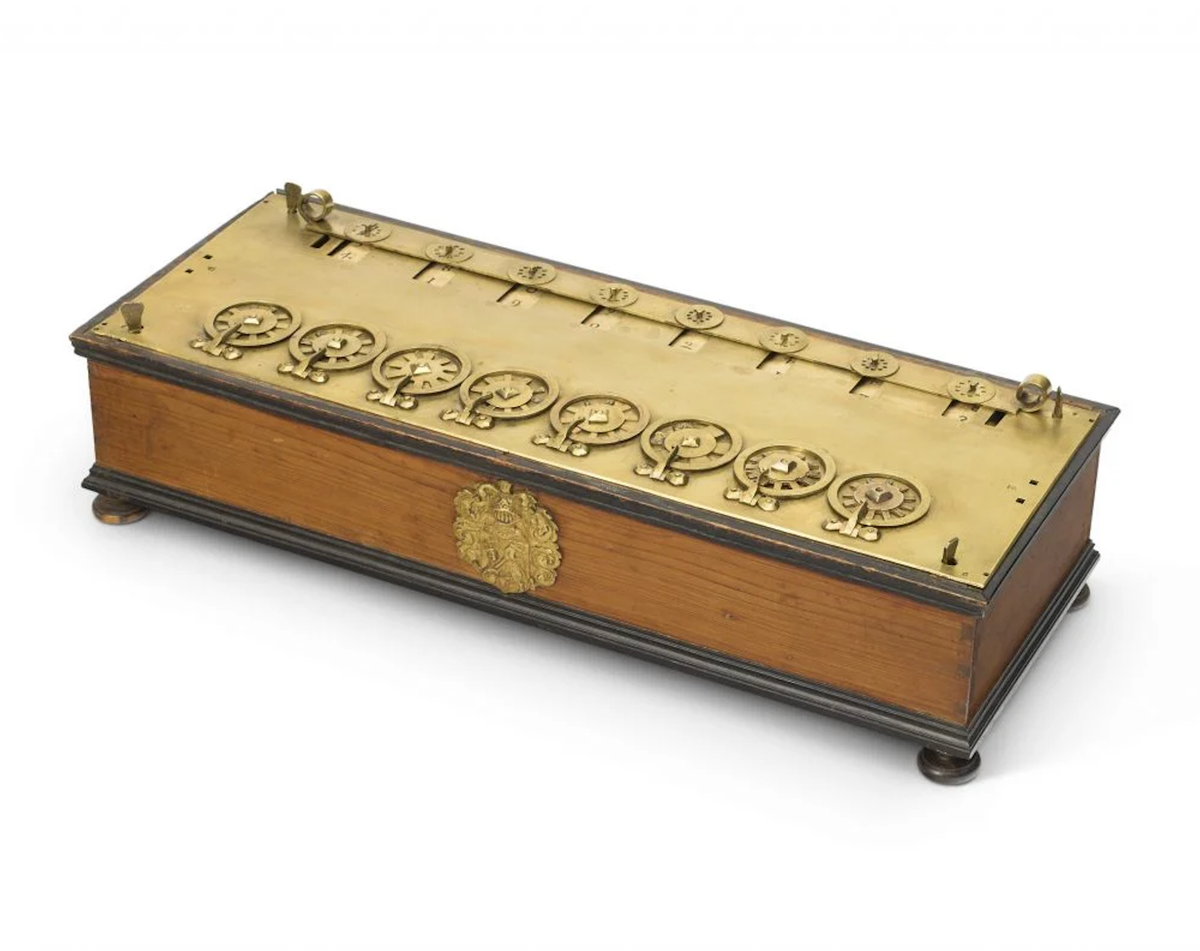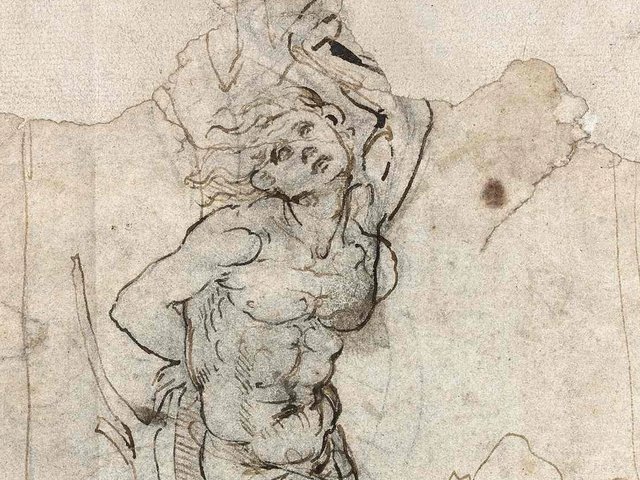Christie’s has withdrawn one of the world's first calculating machines from a Paris sale, following the suspension of its export certificate by a French court.
Carrying an estimate of between €2m to €3m, the calculator is nicknamed “Pascaline” after its inventor, the 17th-century mathematician and philosopher Blaise Pascal. From 1645, Pascal created 20 “arithmetic machines”, including the one that had been scheduled for sale on November 19. It was to be sold along with other items owned by the late engineer and manuscript collector Léon Parcé. Books by Pascal, Descartes, Montaigne, Galileo or Newton were also consigned to the sale, which went ahead without the calculator.
In the catalogue notes, Christie’s described the calculator as “the most important scientific instrument ever offered at auction” and stressed the “historical importance" of this "first attempt to substitute the human mind with a machine".
These are the same terms used in arguments presented to the court by four heritage organisations and associations of friends of Blaise Pascal, along with three professors—Jean-Michel Bismut, Thierry Lambre and Laurence Plazenet—who successfully blocked the export certificate for the “national treasure”.
The ministry of culture, which authorised the export certificate in May, responded that five of the eight surviving original Pascalines, including the very first one presented in 1645 to King Louis XIV, are already in French public collections. Scholars replied that this one is unique because it the only remaining version specifically developed for land surveying, rather than accountancy or equations, the other two functions that Pascal designed the machines to perform.
At an emergency hearing on 18 November, just one day before the scheduled sale, an administrative court considered there were sufficient grounds to challenge the export license, “taking into account its historical importance”. "Serious doubts" were raised on the transparency of the procedure and the ministry’s forensic expertise.
The case will now proceed in court for a final decision, so Christie’s has only “suspended” the sale. Nevertheless, it is the first time that an export license for a cultural item has been stopped by a court ruling, raising concern among some members of the trade for the future implications of this decision.
When a work is labelled a “national treasure”, the state can deny an export license for 30 months, allowing national collections to raise the funds to buy it.



